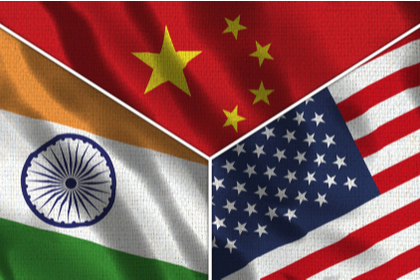India, IOR and the blue economy
The Indian Ocean Region (IOR) presents a unique opportunity to develop a Blue Economy, with security, sustainability and business profitability as its three pillars. An IOR Defence Ministers' Conclave held on 4 February provided a platform to discuss regional cooperation, linking development with defence, and emphasized India's pivotal position within the IOR.










